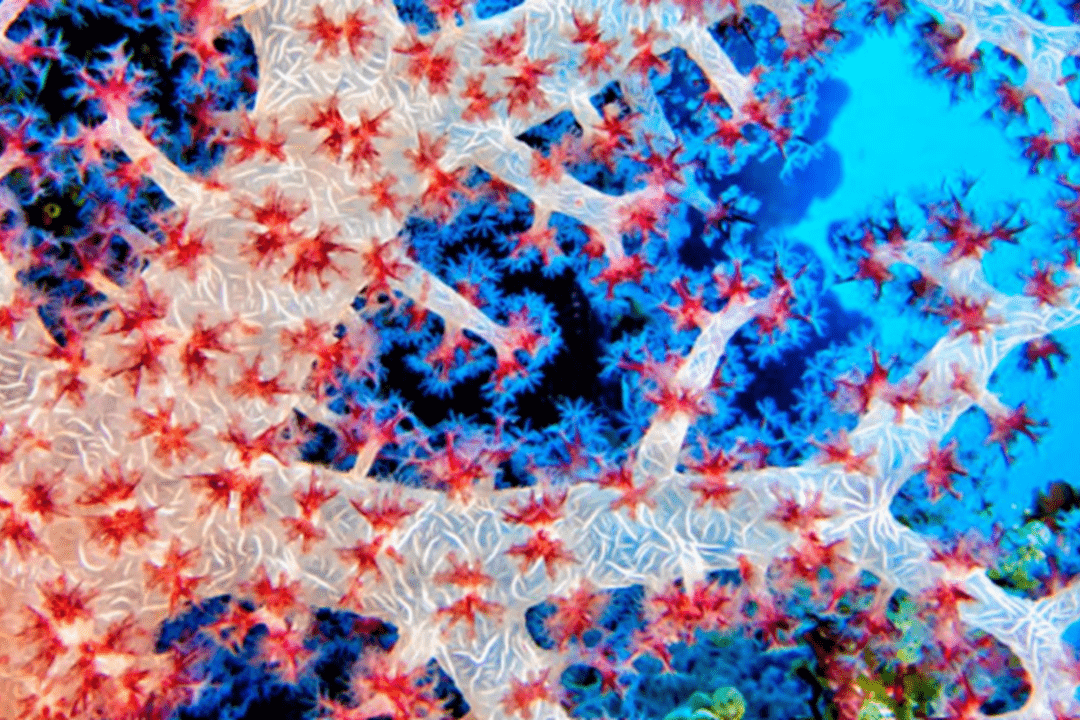Marine biodiversity is under pressure due to the cumulative effects of multiple anthropogenic and natural stressors. Implementing ambitious biodiversity goals and targets requires an effective dialogue between science and policy. The HIFMB Transfer Office for Marine Biodiversity Change fosters evidence-based decision-making across regional to global scales by facilitating the science-policy dialogue, and promotes the integration of science into policy. We bridge the gap between researchers and practitioners, ensuring that the best available marine biodiversity knowledge informs policy, conservation and management practices.
Goals
The Transfer Office provides knowledge and expertise from science by
- developing and establishing transfer instruments and transfer formats as well as products for policy advice
- supporting the scientific community in developing research projects with policy impact
Expertise
- Advice on development & use of methods and biodiversity indicators in national and international frameworks
- Scientific evidence for decision making and facilitation of the science-policy interface
- Implementation of multi-stakeholder partnerships
Team
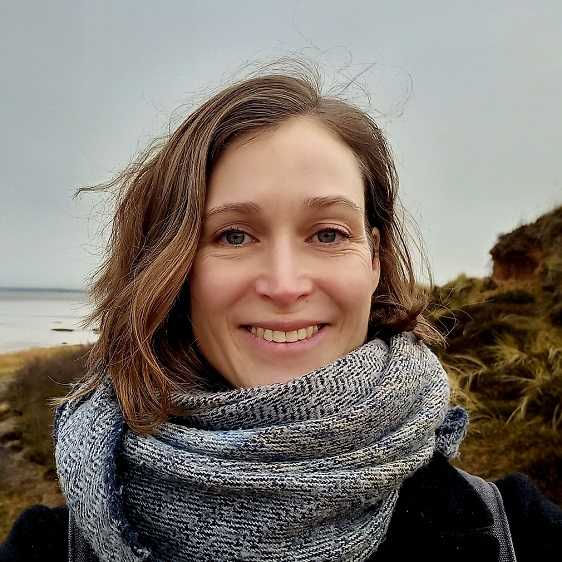
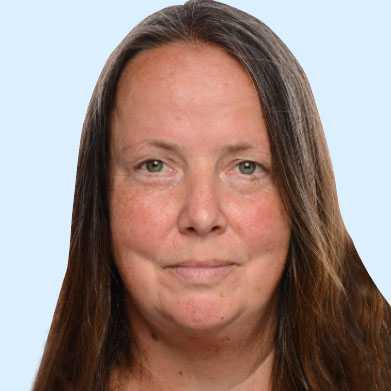

Josie Antonucci Di Carvalho

Jan-Claas Dajka
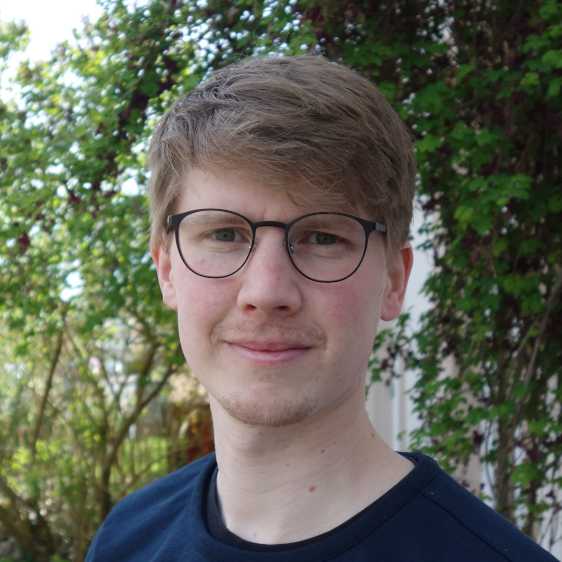
Maurits Halbach
Projects
The “Faktencheck Artenvielfalt” provides a Germany-wide assessment of biodiversity, which is intended to serve as a knowledge base for necessary social transformation processes. It describes the status as well as trends, direct and indirect drivers and effects of the resulting changes in biodiversity on humans. In addition, political instruments and nature conservation measures are examined for their influence on biodiversity. Finally, options and need for action as well as the potential for social transformation are identified. The HIFMB is leading the chapter on coasts and coastal waters bringing together experts from the natural and social sciences, governmental agencies and conservation authorities. The final report and the summary for decision-makers will be made freely available online in October 2024.
Duration: 04/2021-09/2024
SynCom is a Helmholtz Centres-wide programme that brings together scientists with different expertise to synthesize and communicate the latest knowledge from socially relevant research areas to decision-makers. Driven by the repeated failure to reach any of the internationally agreed biodiversity targets the SynCom project “Development of operational biodiversity targets”, led by the HIFMB, deals with the question how to effectively operationalize biodiversity targets by developing adequate indicators. Scientists from the natural, social and law sciences as well as representatives from the parliamentary environment and ministries are taking part in the discussions during several workshops.
Duration: 05/2023-11/2024
GreenHAB is a research project aiming at understanding the risk of Harmful Algal Blooms (HABs) in Greenland waters. HABs can pose a significant threat to ecosystem function and services, which can be critical in countries with a very sea dependent way of living, like Greenland. Although HABs are known from temperate and warm coastal regions, HAB-forming species have been increasingly detected in the Arctic Ocean.
HIFMB coordinates the dialog with local knowledge holders, building meaningful relationships which allows a meaningful exchange of knowledge. This dialog is the base for a realistic risk assessment of HABs for the Greenlandic communities tying natural science to the Greenlandic way of living.
Duration: 09/2023-05/2026
B-USEFUL is a EU funded 5-year Project which will contribute to achieve the ambitious policy goals set out by the EU Green Deal and the Biodiversity Strategy 2030 by developing user-oriented tools and solutions to conserve and protect marine biodiversity, effectively building and improving upon existing European data infrastructures and governance frameworks. To that end, B-USEFUL will provide evidence-based guidance for ecosystem-based management (EBM) in general and marine spatial planning (MSP) in particular to ensure protection and recovery of biodiversity and the sustainable use of European marine resources. B-Useful will set up interactive end-user forums ensuring the identification of end-user needs and co-development of project outcomes fit for decision-making within existing frameworks for marine governance and ecosystem-based advice.
Duration: 10/2022-09/2026
BioAgora is a collaborative European project funded by the Horizon Europe programme. It aims to connect research results on biodiversity to the needs of policy making in a targeted dialogue between scientists, other knowledge holders and policy actors. Its main outcome will be the development of a fair and functional Science Service for Biodiversity, that will orchestrate processes and initiatives at the Science-Policy Interface at the European level.
BioAgora will
1) Develop the Science Service for Biodiversity’s governance structure and systems model by testing it in real life and iteratively improving it over the project’s duration resulting in a fully functional service;
2) Design demonstration cases across EU Member States that ratchet up the implementation of biodiversity commitments as planned in the EU’s Biodiversity Strategy for 2030 and
3) Analyse the existing landscape of Science-Policy Interfaces, assess their policy tools and the current biodiversity knowledge held in Europe.
Duration: 07/2022-06/2027
Fact Sheets & Policy Briefs
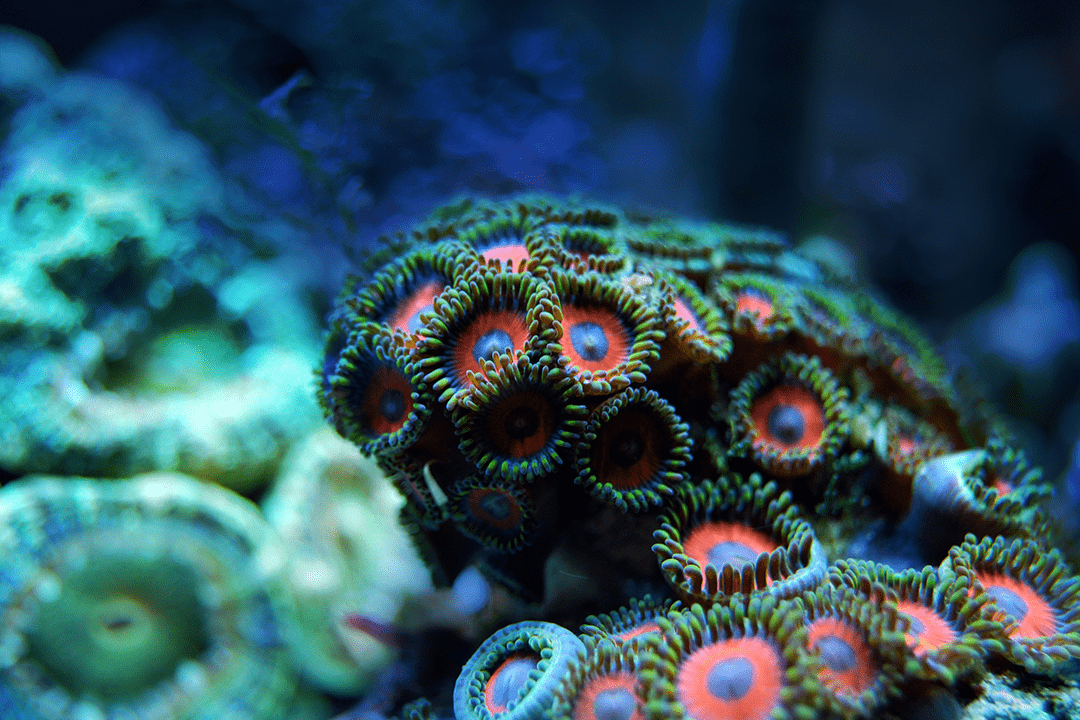
Facts on Effective Biodiversity Management
